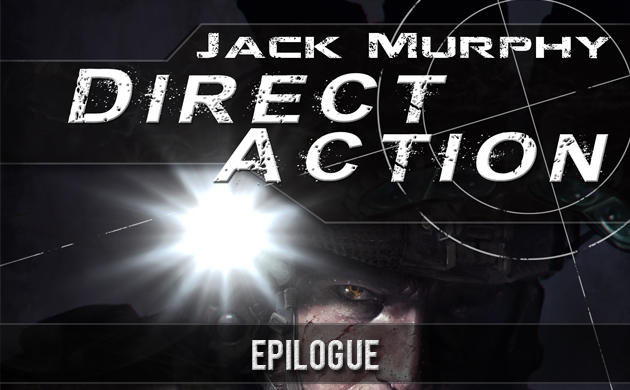The twin rotor blades on the CH-47 helicopter slowly, almost lazily, began to turn as the pilots cranked the engine.
The forward operating base at Tarin Kot, Afghanistan was stirring, slowly at first, but more and more Multi-Cam clad Special Operations soldiers began to arrive at the airfield. They carried an assortment of weapons and kit but all Special Operations soldiers basically looked the same at this stage in the war. They had all worked together, shared tactics, shared experiences, and even shared grief when they lost their own.
Although they wore almost identical uniforms and equipment, the tribes of Special Operations often spoke different languages. From Polish, to Italian, to Danish, they hailed from across the Western world. Perhaps the one thing they had in common was the belief that they were the only thing holding their societies together. Although they were not American, the tribe arriving at the airfield spoke English.
One of the operators set his M4 carbine on the hood of the white land cruiser he had driven to the airfield while he readjusted the plate carrier he wore. His helmet also went on the hood. He wouldn’t bother putting it on until they were ready to board the CH-47 Chinook. The Americans were prone to sarcastically calling it the shit-hook. His unit just called it the heli.
The Special Operations soldier then snapped on his belt which had his pistol, extra magazines, and a few other tools of the trade on it. He slapped at the pouches, brushing off the fine layer of dust that was still there from the last mission. As he moved the belt around until it was comfortable, one of the younger soldiers in his unit approached.
“Hey, mate,” the other operator began. “What’s that on your belt there?”
“Oh that?” he said, looking down at his hip.
“Yeah, is that a hatchet?”
“Yes, it is,” the older soldier responded. The hatchet was mounted horizontally on the side of his belt in a special sheath.
“Why in the hell are you carrying a hatchet?”
The operator shrugged. The rotor blades on the CH-47 were beginning to pick up speed. Soon they would get the call from the flight crew and they could then climb up the ramp and find a place to sit down inside. It was going to be another long night.
Already have an account? Sign In
Two ways to continue to read this article.
Subscribe
$1.99
every 4 weeks
- Unlimited access to all articles
- Support independent journalism
- Ad-free reading experience
Subscribe Now
Recurring Monthly. Cancel Anytime.
“Did a rotation last year with the guys from Dam Neck,” he told the younger troop. They were both in the same squadron but did not know each other very well, not yet anyway. “Most of those boys carry hatchets. They have them specially made with their unit insignia on them and such.”
“It looks pretty wicked mate.”
“It does. They gave me this one as a parting gift at the end of the rotation. They are specially made for Dev Group. Do you want me to look into getting one for you?”
“Yeah, I’d really appreciate that.”
“Stick with me when we get out there then. I’ll show you the right way to use one.”
The younger Special Operations soldier nodded his head approvingly.
“Will do,” he said. “Will do.”










COMMENTS